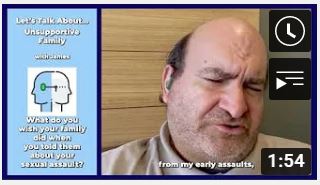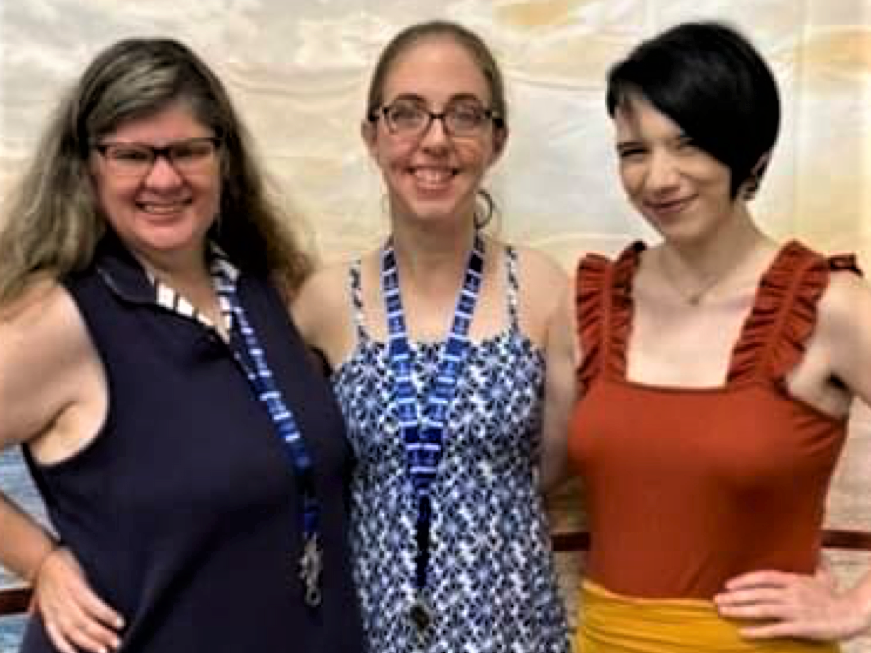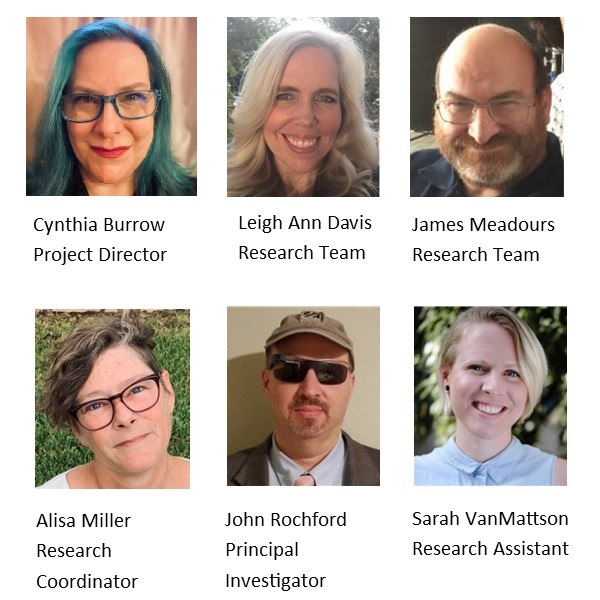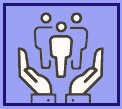If you receive or are on the interest list for Medicaid Waivers in Texas, our Peer Support Specialists can help you:
– Make a plan for your life.
– Solve problems and make decisions to stay on track.
– Find services and supports to help you reach your goals.
Service is free of charge. Here are the steps:
1. Fill out an application that tells about you.
2. Then, we will match you with a peer support specialist.
3. Starting in November, you will meet with your peer support specialist and their coach on Zoom. Each meeting will be 45 minutes.
4. If it’s a good match, you can have more meetings.
Click the link above to fill out the application. You can get help from a trusted person if you need it. You can also get help from our Peer Support Coach by clicking this link and emailing him:
Email Virtual Pilot Coach
Fill out your application soon–space is limited.
Please share this information with anyone you think might want free peer support!








